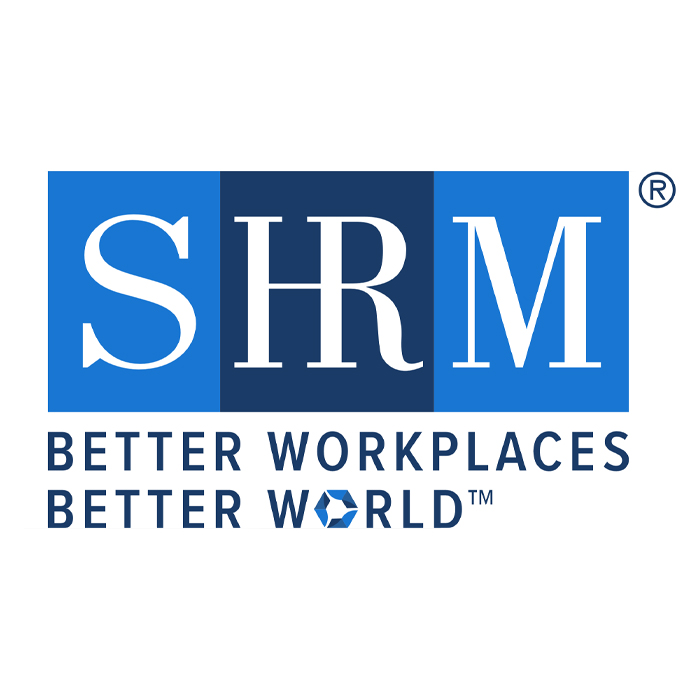
We are a certified SHRM education partner.
Personalized and flexible learning with support of our SHRM-certified instructors and the renowned SHRM Certification Prep System.
You’ve got HR career goals. Distinguish yourself with a SHRM certification — and move your career forward.
Human resources professionals know that earning the SHRM-CP or SHRM-SCP credential
can help you enhance your HR expertise, empower positive change in your workplace
and increase your earning potential.
Towson University’s SHRM Certification Prep+ course combines the renowned SHRM Certification
Prep System with the personalized support of our SHRM-certified instructors to offer
you a flexible, effective way to prepare for certification.
Course Format: Live, instructor-led via Zoom
Total Hours: 40 hours
Tuition: $2,399
Materials: Tuition includes all instructional materials, including digital and physical exam prep textbook.
This course is WIOA approved and is on the Maryland Eligible Training Provider List (ETPL).
| Dates | Schedule | Register |
|---|---|---|
| April 18–June 27 Class not held May 23 |
Saturday, 8:30 a.m.–12:30 p.m. | Register |
| September 12–November 14 | Saturday, 8:30 a.m.–12:30 p.m. | Register |
| February 9–April 1, 2027 | Tuesday & Thursday, 6–8:30 p.m. | Contact Chunta Olaseha for info |
| April 17–June 26, 2027 Class not held May 29 |
Saturday, 8:30 a.m.–12:30 p.m. | Contact Chunta Olaseha for info |

Learn how these students found career success with our HR course.
Learn More
Learn industry-relevant knowledge and stay one step ahead of your peers.
Learn More
Human resources professionals recruit, screen and interview job applicants and place newly hired workers in jobs. According to a Payscale study, certified HR professionals are up to 25% more likely to get a promotion, boding well for any upward mobility you may be after.
Here's why earning your SHRM certification in 2026 is a career-defining move:
Towson University’s SHRM Certification Prep+ Course is an interactive, engaging course that prepares students for HR related roles, including more senior human resources positions. This comprehensive course focuses on the skills needed to prepare for the SHRM-CP, and SHRM-SCP certification exams. For more information about the SHRM certification exam requirements, visit SHRM.org.
This course focuses on SHRM Body of Applied Skills and Knowledge® (SHRM BASK®).
No prerequisites are required to take this course. However, the certifying body has requirements to take the certification exams.
Upon completion, you’ll be prepared to sit for the SHRM-CP and SHRM-SCP certification exams.
Learn from highly experienced, SHRM-certified instructors with years of hands-on experience in HR.
Maria Green, DBA, SPHR, SHRM-SCP, CEBS has over 20 years of human resources experience in healthcare, higher education, hospitality, and human services. She is currently Director of Human Resources at Melwood, where she manages HR administration including employee relations, benefits, compliance and HRIS.
Gina Pomilla, MBA, SHRM-SCP, GPHR is an HR leader specializing in global benefits and total rewards at the corporate level and is dedicated to leading change management initiatives and maximizing organizational efficiency. She currently serves as Director, Human Resources, Compensation, Retirement, Classification and Benefits, at District of Columbia Public Schools (DCPS).
Listed are the technology requirements needed to enroll, and complete, our Human Resources Certification Prep Course.
Hardware Requirements
Software Requirements
Other

This course is approved by SHRM. SHRM-CP and SHRM-SCP are trademarks of SHRM.
*NOTE: WIOA and other tuition assistance programs are not eligible for course discounts.